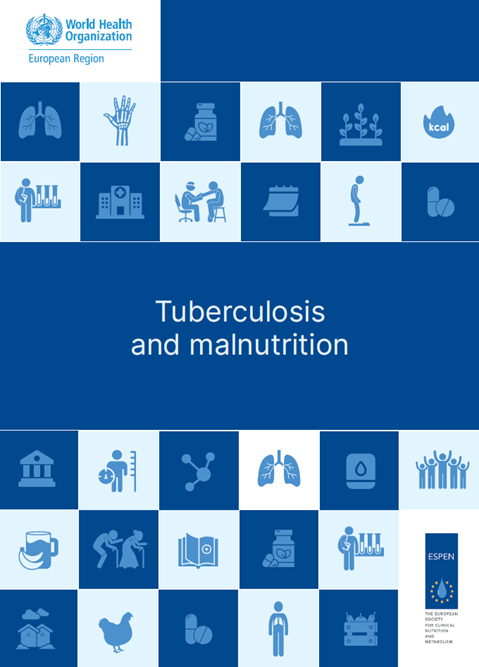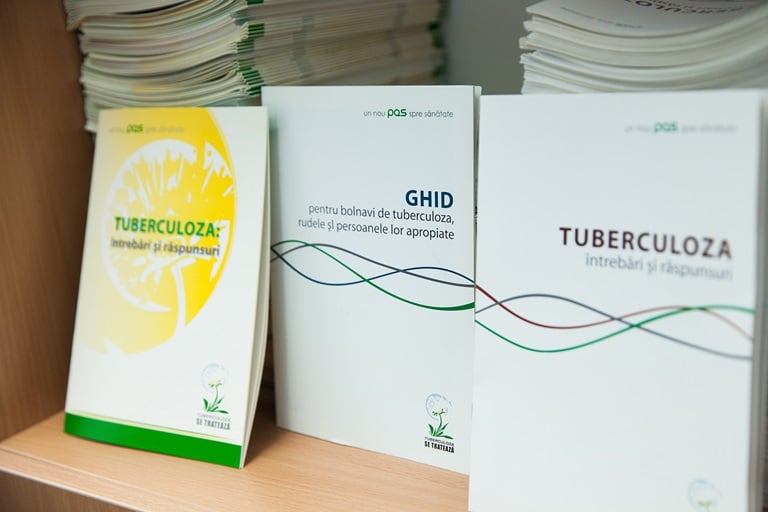Tuberculosis and malnutrition factsheet

Overview
TB remains an important cause of mortality and morbidity in the WHO European Region and worldwide. Rates of drug-resistant TB are increasing globally. Malnutrition has significant interactions with the TB disease process and may be an important therapeutic target. There is a bidirectional relationship between TB and malnutrition: malnourished individuals are at greater risk of contracting TB, and TB is a catabolic disease that can cause or exacerbate malnutrition. TB patients who are malnourished experience poorer outcomes, which are more pronounced in those with RR/MDR-TB. Malnutrition impairs immune system function in multiple ways, and this may underpin some of the observed relationships. Furthermore, malnutrition can influence how drugs are absorbed and processed, causing treatment failure and downstream effects on treatment toxicity rates in TB patients.






